2018 Archives

HRCC Director invited to Lancet One Health Commission
December 21, 2018 - HRCC
HRCC Director Maria Lapinski was invited to join the Lancet One Health Commission, led by the Center for Global Health at the University of Oslo.
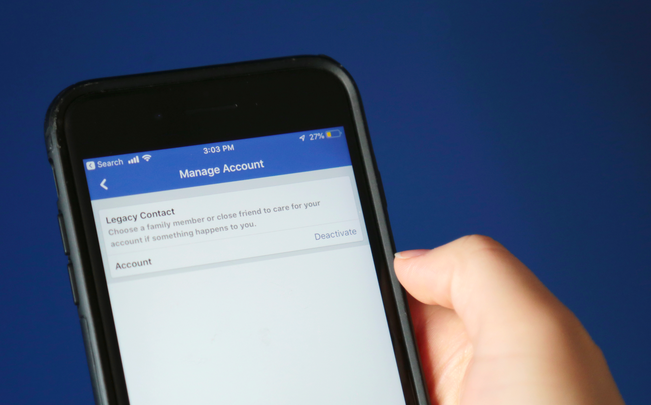
Measuring the value of Facebook
December 20, 2018 - MSU, Tufts, and Kenyon Staff
HRCC affiliate Saleem Alhabash and his team find out how to measure the value of a free service, and study how valuable Facebook users find the website.
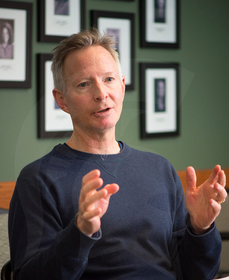
Jim Dearing to serve on EPA National Advisory Council
December 10, 2018
James Dearing has accepted an invitation to serve as a member of the U.S. Environmental Protection Agency’s National Advisory Council for Environmental Policy and Technology.
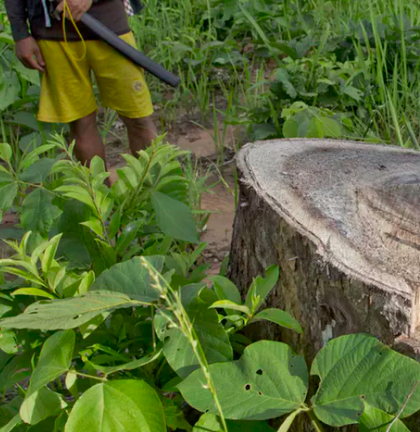
Why covering the environment is one of the most dangerous beats in journalism
November 15, 2018 - Eric Freedman
HRCC affiliate and Knight Center for Environmental Journalism Chair Eric Freedman writes about how dangerous it is to report on environmental news.
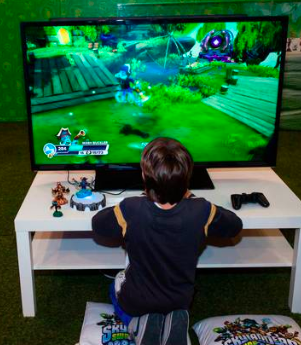
Fortnite parenting: how to manage gaming
November 14, 2018 - Noah Fromson, WZZM
HRCC affiliate Robby Ratan is interviewed about managing time spent playing video games.
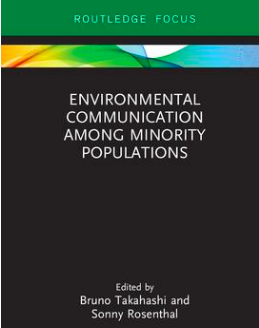
HRCC affiliate publishes edited volume: Environmental Communication Among Minority Populations
October 9, 2018 - HRCC
HRCC Affiliate Bruno Takahashi co-edits volume: "Environmental Communication Among Minority Populations"
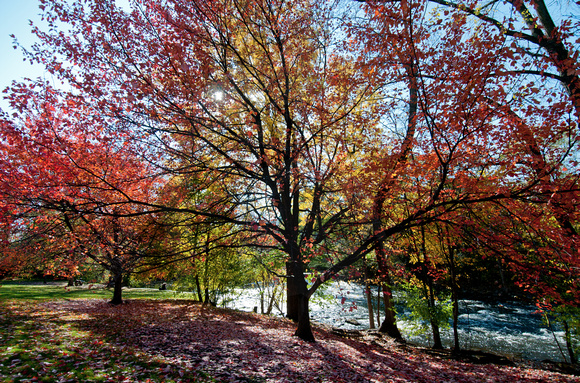
Healthy People-Healthy Planet Poll: Michigan residents’ concern about climate change increases
September 27, 2018 - HRCC
For a second straight year, the majority of Michigan residents choose the environment over the economy in Michigan.

Associate Director of iCER to discuss social science computing
September 24, 2018 - HRCC
HRCC co-sponsors talk about how to use high-powered computing for social science research.
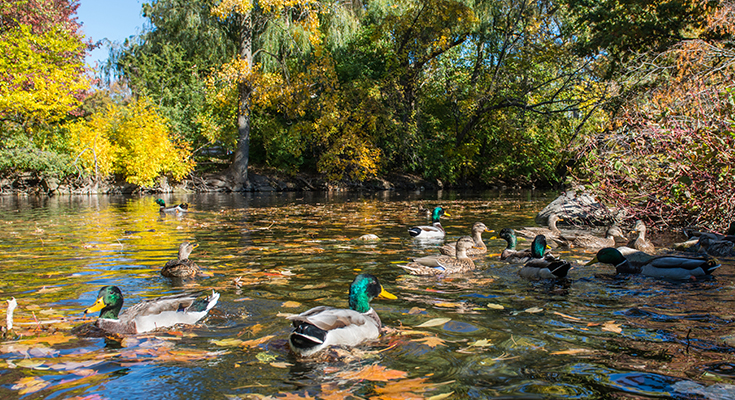
Oct. 2 Panel Discussion on Challenges of Environmental News Coverage
September 23, 2018 - HRCC
Panel discussion on the challenges facing journalists who cover issues relating to the environment.
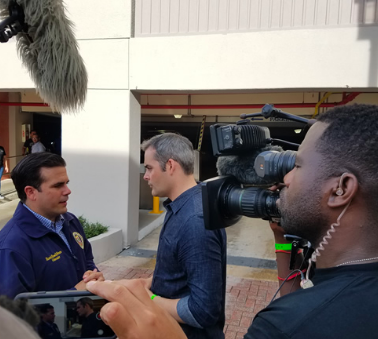
How journalists become first responders during a natural disaster
September 13, 2018 - Kristina Pierson, MSU Today
HRCC affiliates received $400,000 from NSF to explore the way information spread during and following Hurricane Maria.

The impact of binge-watching on your health
September 4, 2018 - Katie Kochanny
HRCC faculty Morgan Ellithorpe and Allison Eden study the health effects of binge-watching.
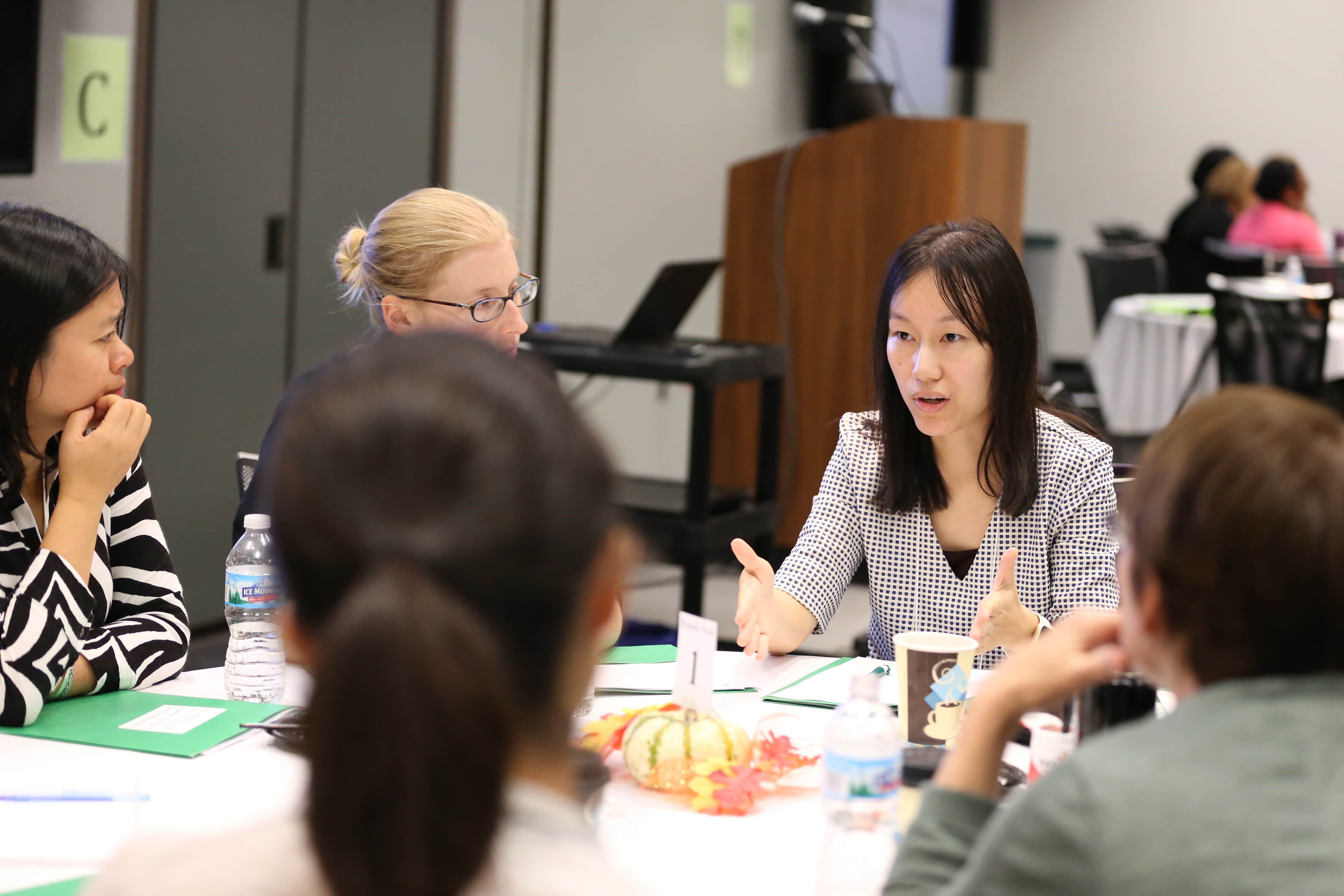
HRCC researcher Jingbo Meng obtains NSF grant to develop student mental health app
September 2, 2018 - ComArtSci Communications Office
Meng and colleagues receive $1,000,000 NSF grant to develop an app to improve college students' mental health.
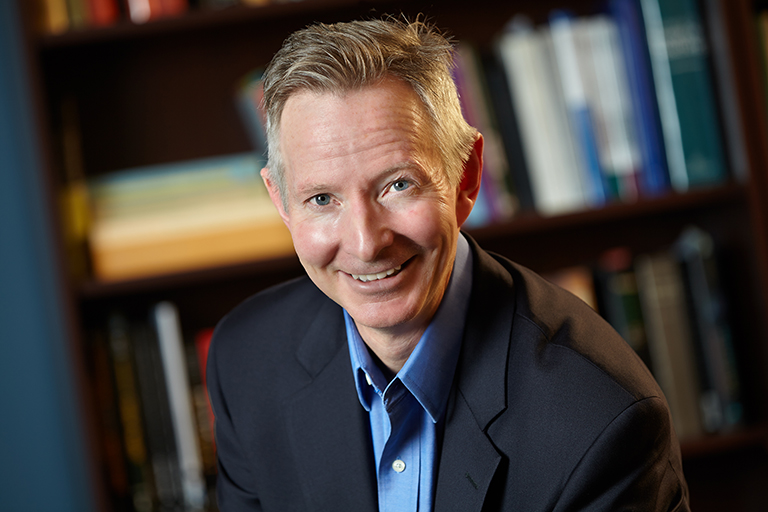
Dearing Ranked in the Top 10 for Dissemination & Implementation Science
August 31, 2018 - ComArtSci Communications Office
HRCC Core Leader Jim Dearing was ranked in the international top 10 scholars of dissemination and implementation science in health.
HRCC member Elizabeth Dorrance Hall runs Psychology Today blog series on Conscious Communication
June 25, 2018
HRCC affiliate faculty member Elizabeth Dorrance Hall runs a blog series at Psychology Today, titled "Conscious Communication."

ComArtSci faculty and students present research at international conference
May 15, 2018 - Kristina Pierson, ComArtSci Communications
Several HRCC affiliate faculty presented their research at the International Communication Association conference in Prague.

MSU team makes healthy food more accessible in new app
April 23, 2018 - Kristen Parker and Nicole Szymczak, for MSU Today
HRCC Core Leader Ashley Sanders-Jackson contributes to the development of an app called "Flint Eats," which "aims to allow Flint residents and food retailers to communicate openly about available resources within the community."
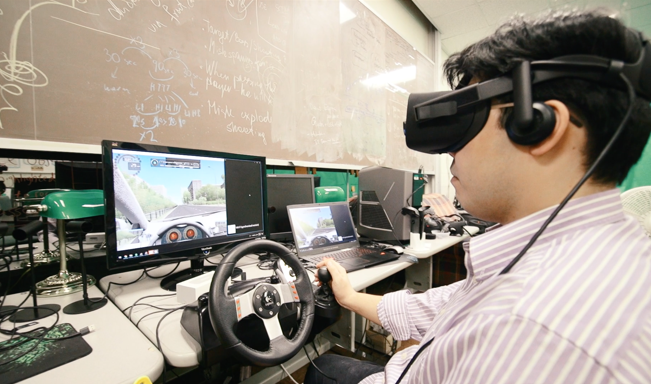
A vision for smarter, safer autonomous vehicles
March 1, 2018 - MSU Today Staff
ComArtSci faculty, including HRCC affiliate Robby Ratan, have created a virtual reality simulation of a self driving car, which they will study to "better understand what would make people most comfortable during the autonomous driving experience."
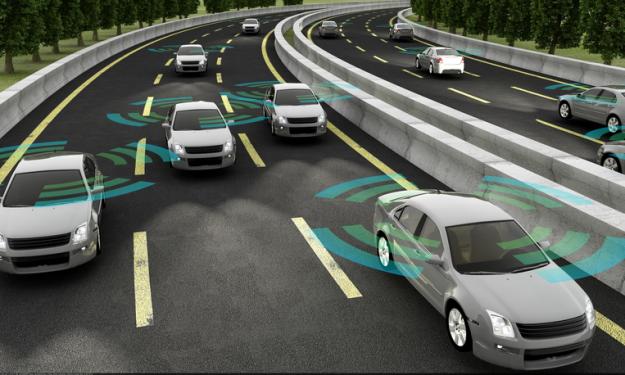
Michigan State, Texas A&M studying impact of driverless cars on workforce
February 21, 2018 - Michaeli Graham, Ed Scoop
HRCC affiliate Shelia Cotten helps lead a study "to better understand and measure the impact of driverless cars on the current transportation workforce."
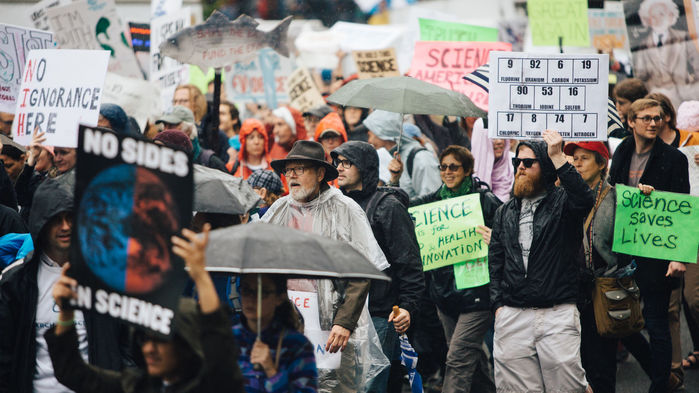
The public mostly trusts science. So why are scientists worried?
February 18, 2018 - Cat Jackson, Science Magazine
HRCC affiliate John Besley's interview about public trust in scientists appeared in Science Magazine.
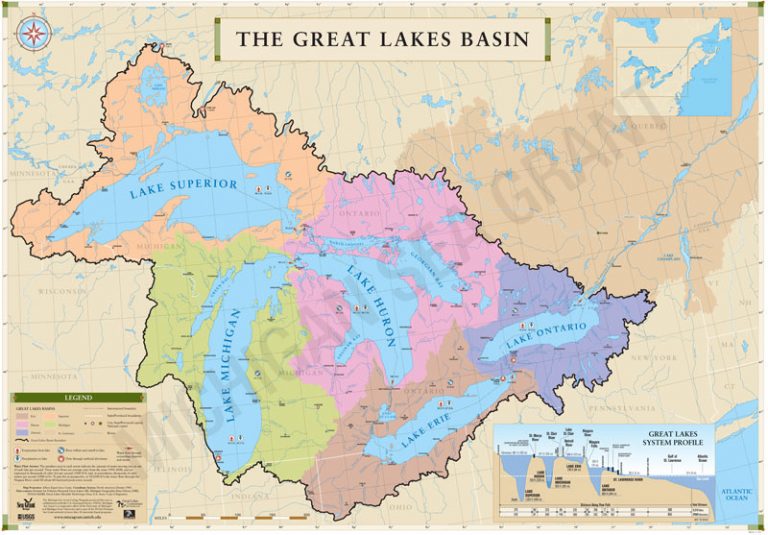
New research tackles Great Lakes regional problems
February 2, 2018 - Eric Freedman, Great Lakes Echo
HRCC affiliate Eric Freedman describes a new compilation of Great Lakes research, "Biodiversity, Conservation, and Environmental Management in the Great Lakes Basin," which he co-edited.
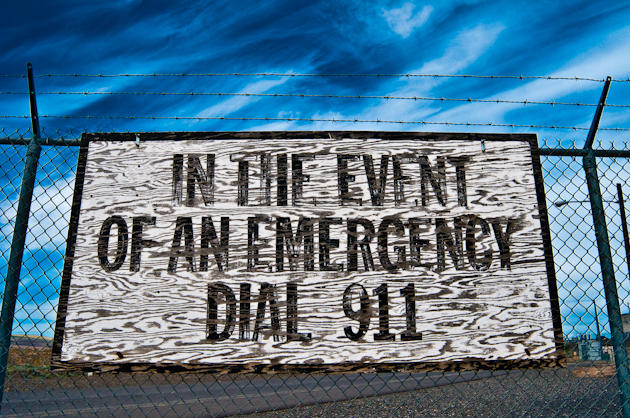
Michigan’s 911 system is nearly half-century old, but big updates are pending
January 25, 2018 - Stateside Staff, Michigan Radio
HRCC affiliate Robby Ratan contributes to a Stateside report about the status of Michigan's 911 system.

